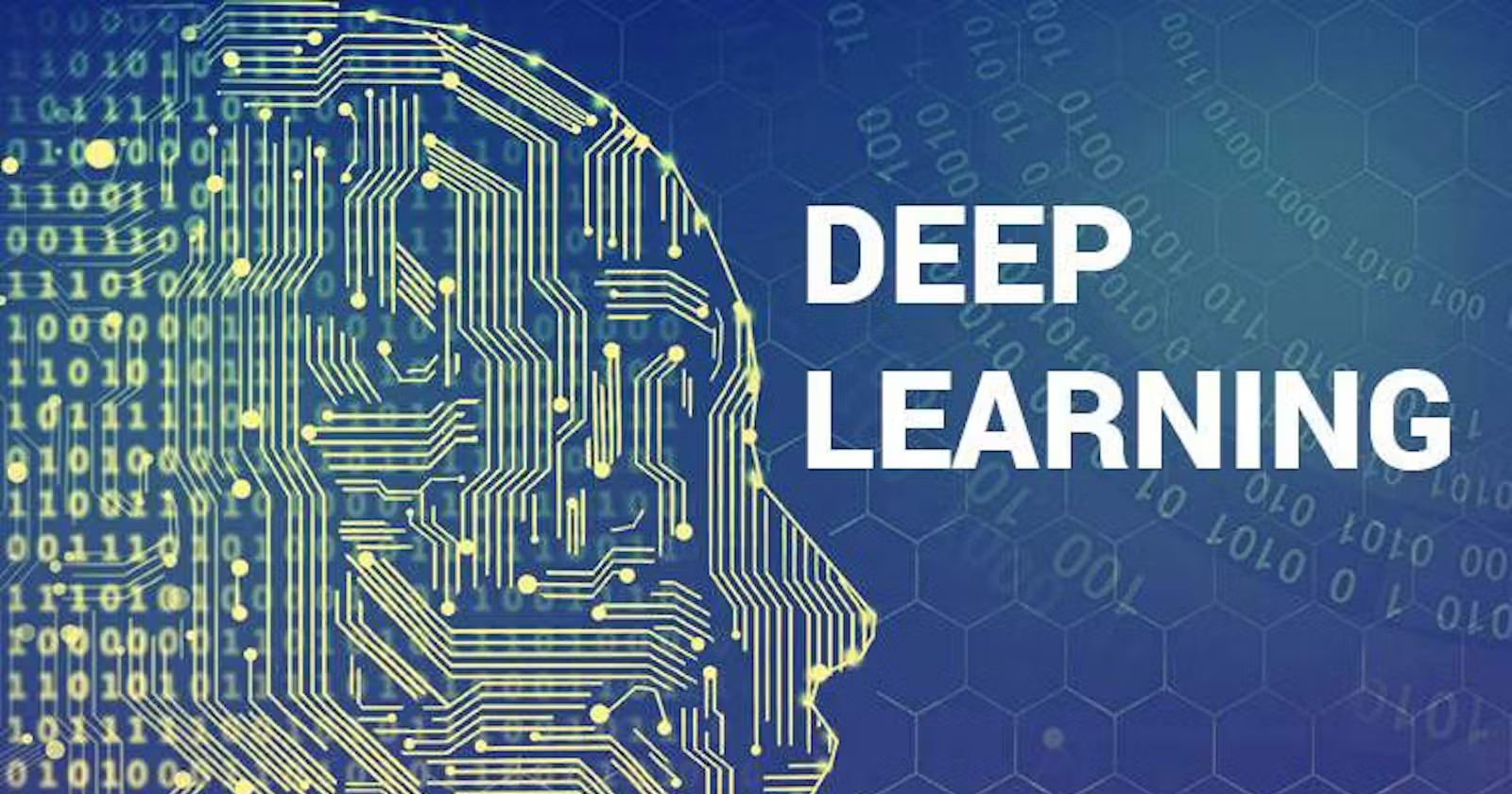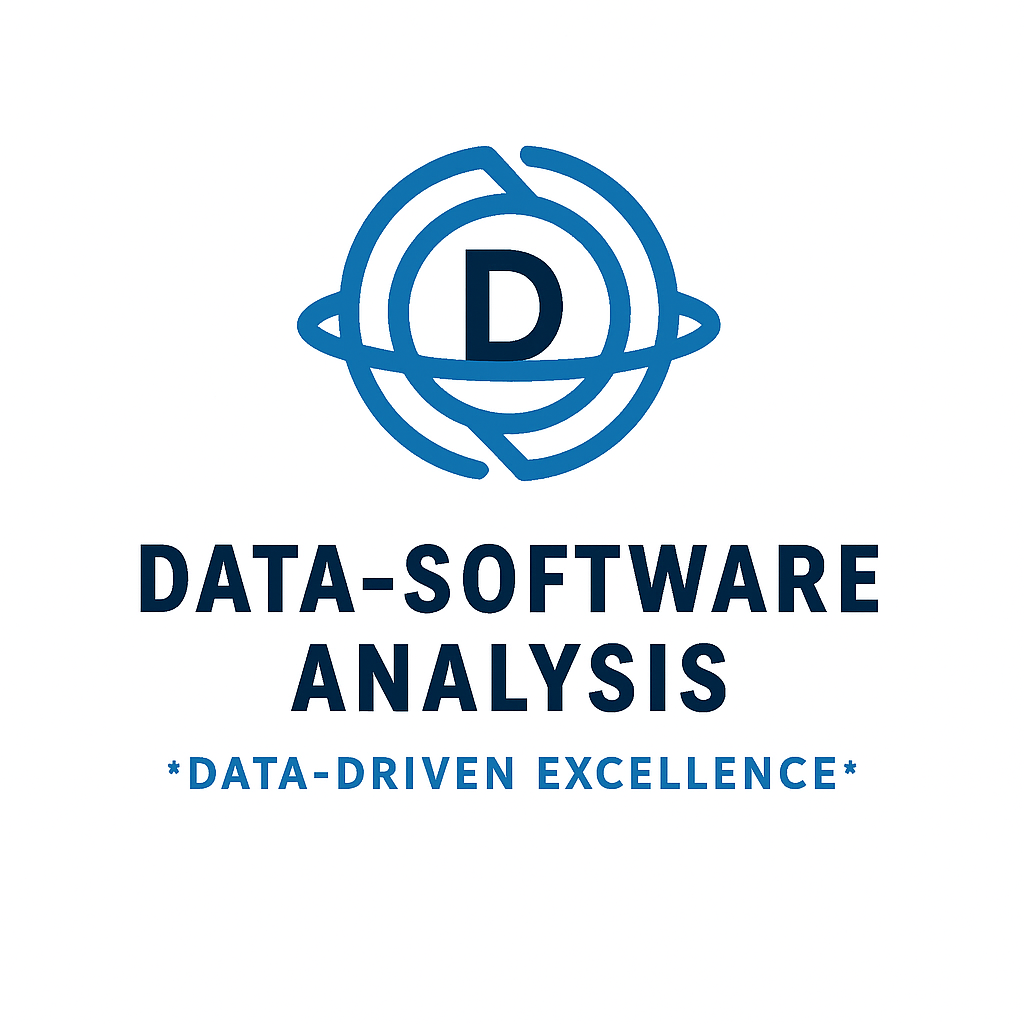
“Quantum Machine Learning: A Fusion of Deep Learning and Quantum Computing”
In recent years, the convergence of quantum computing and machine learning has garnered significant attention in the field of computational science. Quantum machine learning (QML) represents a promising frontier where the principles of quantum mechanics are harnessed to enhance traditional machine learning algorithms.
This fusion holds the potential to revolutionize various industries by solving complex optimization problems, accelerating data analysis, and unlocking new capabilities beyond the reach of classical computing. In this article, we will delve into the realm of quantum machine learning, exploring its fundamental concepts, applications, and the synergy between deep learning and quantum computing.
Quantum Machine Learning (QML) represents a cutting-edge and interdisciplinary field that merges the principles of quantum computing with traditional machine learning techniques. This fusion aims to leverage the unique properties of quantum mechanics to enhance computational capabilities and solve complex problems more efficiently than classical computers.
Fundamental Concepts of Quantum Machine Learning:
At the heart of quantum machine learning lies the utilization of quantum computing principles to perform computational tasks.
Unlike classical computers that operate based on binary bits (0s and 1s), quantum computers leverage quantum bits or qubits. Qubits (The basic unit of information in quantum computing) can exist in multiple states simultaneously due to the phenomena of superposition and entanglement, allowing quantum computers to process vast amounts of data in parallel.
Key concepts in quantum machine learning include:
1. Quantum Superposition:- Qubits can exist in a superposition of both 0 and 1 state simultaneously,enabling exponential parallelism and enhancing computational efficiency.
2. Quantum Entanglement:- Qubits can be entangled; meaning the state of one qubit is dependenton the state of another, even when separated by large distances. This phenomenon enables the creation of highly correlated quantum states, essential for certain quantum algorithms.
3. Quantum Interference:- Quantum algorithms exploit interference patterns to enhance computational performance. By carefully manipulating quantum states, interference effects canamplify desired outcomes while suppressing unwanted ones.
Applications of Quantum Machine Learning:
The marriage of quantum computing and machine learning holds immense potential across various domains:
1. Optimization Problems:- Quantum algorithms, such as the Quantum Approximate Optimization Algorithm (QAOA), offer efficient solutions to complex optimization problems encountered in logistics, finance, and operations research.
2. Quantum Neural Networks:- Quantum neural networks (QNNs) leverage the principles of quantummechanics to perform tasks such as pattern recognition, classification, and regression. QNNs hold promise for accelerating deep learning tasks and handling large-scale datasets.
3. Quantum Generative Models:- Quantum generative models, inspired by quantum physics principles, aim to generate samples from complex probability distributions. These models haveapplications in drug discovery, materials science, and cryptography.
Synergy between Deep Learning and Quantum Computing:
Deep learning, a subfield of machine learning, has achieved remarkable success in various tasks such as image recognition, natural language processing, and speech recognition. By integrating deep learning with quantum computing, researchers aim to enhance the capabilities of both paradigms:
1. Quantum-enhanced Deep Learning: - Quantum algorithms can accelerate key tasks in deep learning, such as training deep neural networks and optimizing hyperparameters. Quantum computing holds the potential to overcome the computational bottlenecks associated with large-scale deep learning models.
2. Quantum-inspired Neural Networks:- Researchers are exploring the design of neural network architectures inspired by quantum computing principles. These architectures aim to leverage quantum-inspired optimization techniques to improve learning performance and generalization.
3. Quantum Data Processing:- Quantum computers can efficiently handle high-dimensional data representations commonly encountered in deep learning tasks. Quantum algorithms for data pre-processing, feature extraction, and dimensionality reduction could streamline the deep learning pipeline.
Er. Rushikesh Kekane
Founder & CEO
"DATA-SOFTWARE ANALYSIS"









